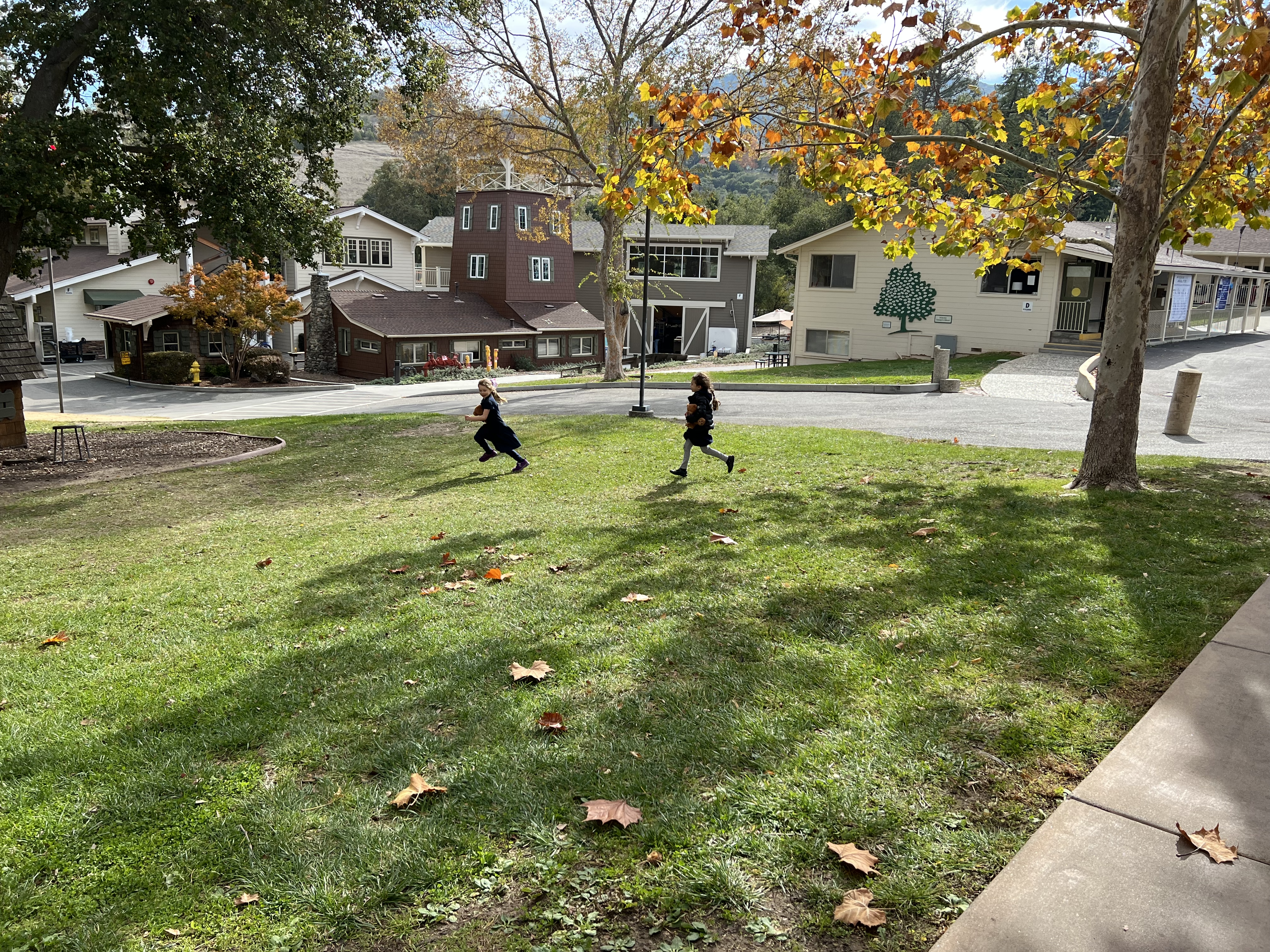By Mark Silver, Head of School; originally shared on ReMarks & Reflections

I was talking with a parent a little over a month ago, right after drop off. She was a bit harried, having just launched each child into the day. She sighed, and said, “I’m glad people don’t see me at home with my children. I’m nowhere near the parent that I want to be.” She went on to describe the conflicts she was having with her elementary-aged children, the controlled chaos of morning and bedtime routines, the difficulty of getting to school on time, the desire to be patient and present for her children and yet the challenge, in the moment, to achieve that goal.
I reassured her that she was not alone, and added that, on a personal level, I often felt the same way. “Be kind to yourself,” I noted, “You are doing the best you can. That counts for a lot.” She smiled and, later in the day, actually thanked me for my comment. She noted that she often feels like she is not doing enough, and it was helpful to have her feelings validated and to know that she was not alone in facing these challenges.
I thought of the conversation this past week as I was reflecting on the start of the new year. While I’m not someone who typically generates a lengthy list of resolutions, I do find myself each year thinking about what one or two things I hope to focus on in the year ahead. Thinking back on this conversation, I found myself drawn to the interrelated themes of judgment and empathy.
Contemporary society is awash with judgment. While judgmental impulses are nothing new (the term Puritanical exists for a reason!), social media has created a space that exacerbates this human tendency. Facebook, Twitter, Instagram and other platforms all too often use likes and retweets to reward vindictiveness, clever retorts, and the celebration of people’s mistakes, inadequacies, failures, and downfalls. The tone can be nasty and mean-spirited, and there is a re-creation of the worst of classic playground behavior. Just like with the playground bully, the rush to judge and taunt often seems to be driven by fear and insecurity.
Judgmental behaviors, particularly snap judgments, are often in opposition to the empathy we encourage our children to practice. Walking in another person’s shoes requires us to withhold judgment and to strive to understand what a person is thinking, feeling, and experiencing. Unlike the fear and insecurity underlying judgment, empathy is driven by hope and possibility. Empathy is usually harder than judgment, it requires us to slow down, to stop making assumptions, to listen, and to seek understanding.
Returning to the conversation I had with the parent, I was struck by how judgmental behavior impacts how we think about ourselves as parents. Our fear of other people’s opinions, particularly around something that feels as personal as parenting, can lead us to a place of self-doubt. Furthermore, our fear and insecurity about what our children will be like when they grow up, the classic, “How will my failure to do _____ ruin my child’s life,” can leave us feeling overwhelmed and discouraged.
So, for 2018, I encourage each of you to stop judging yourself. Give yourself credit for being the best version of you that you can be at any given moment. Our children are resilient, and they will survive our imperfect parenting.
Then, apply this same thinking to those around you. Fight the urge to judge another child’s behavior, to criticize someone else’s parenting style, to become exasperated with your child’s inability to get something done. Take a deep breath, ask questions, seek to understand.
Choose hope and possibility, not fear and judgment. That’s my resolution for 2018.
